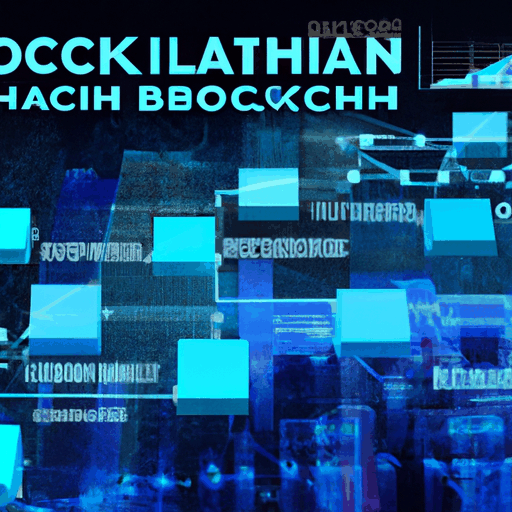
Understanding Liquid Staking: The Future of DeFi Investments
By: Eliza Bennet
Liquid staking has emerged as a revolutionary concept in the landscape of decentralized finance (DeFi), bridging the gap between traditional financial markets and blockchain technology. It allows investors to participate in staking rewards while maintaining the liquidity of their assets. Unlike traditional staking, where assets are locked for a fixed period, liquid staking tokens can be freely traded, providing investors with greater flexibility and investment fluidity.
VanEck and Jito Network have taken a pioneering step by proposing the first U.S. exchange-traded fund (ETF) utilizing this concept through their JitoSOL ETF, specifically by leveraging the power of Solana's staking capabilities. This liquid staking token gives investors exposure to Solana's performance while benefiting from staking rewards. By providing a regulated investment product, they aim to make this innovative financial tool accessible to a broader audience.
The nature of liquid staking also plays a critical role in improving network security by decentralizing validator stakes, and the potential for using liquid staking in regulated financial products like ETFs signals a significant milestone in the advancement of DeFi. The JitoSOL ETF, if approved by the SEC, could set a precedent in how traditional and digital finance converge, representing a crucial step towards the mainstream adoption of cryptocurrency products.
For more information, refer to the VanEck JitoSOL ETF news [here](https://blockbriefly.com/news/vaneck-and-jito-introduce-first-liquid-staking-backed-solana-etf).



